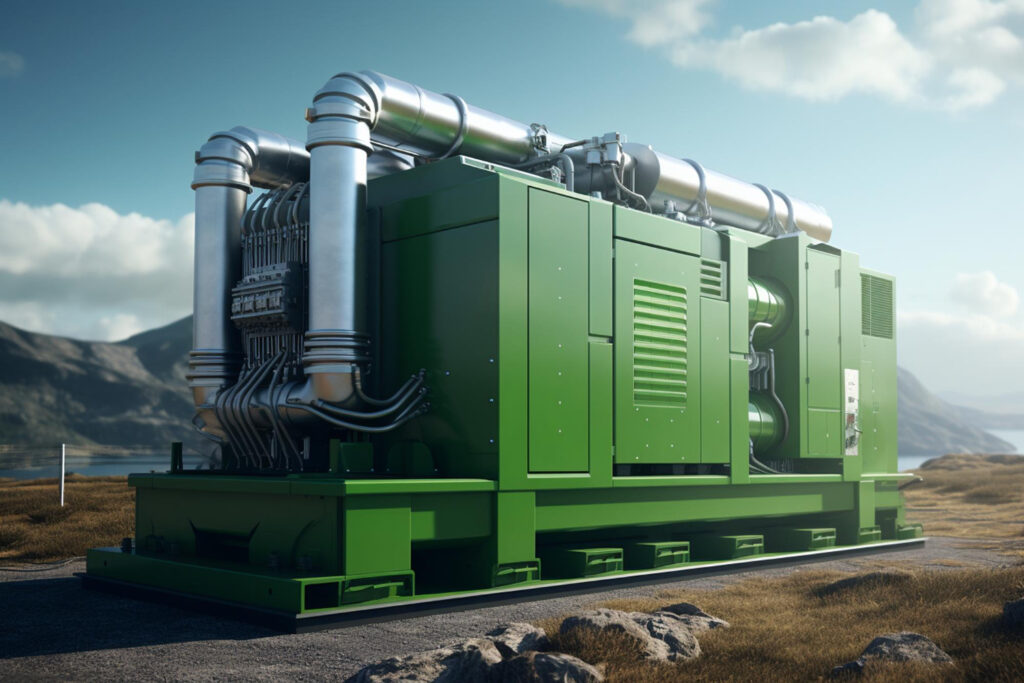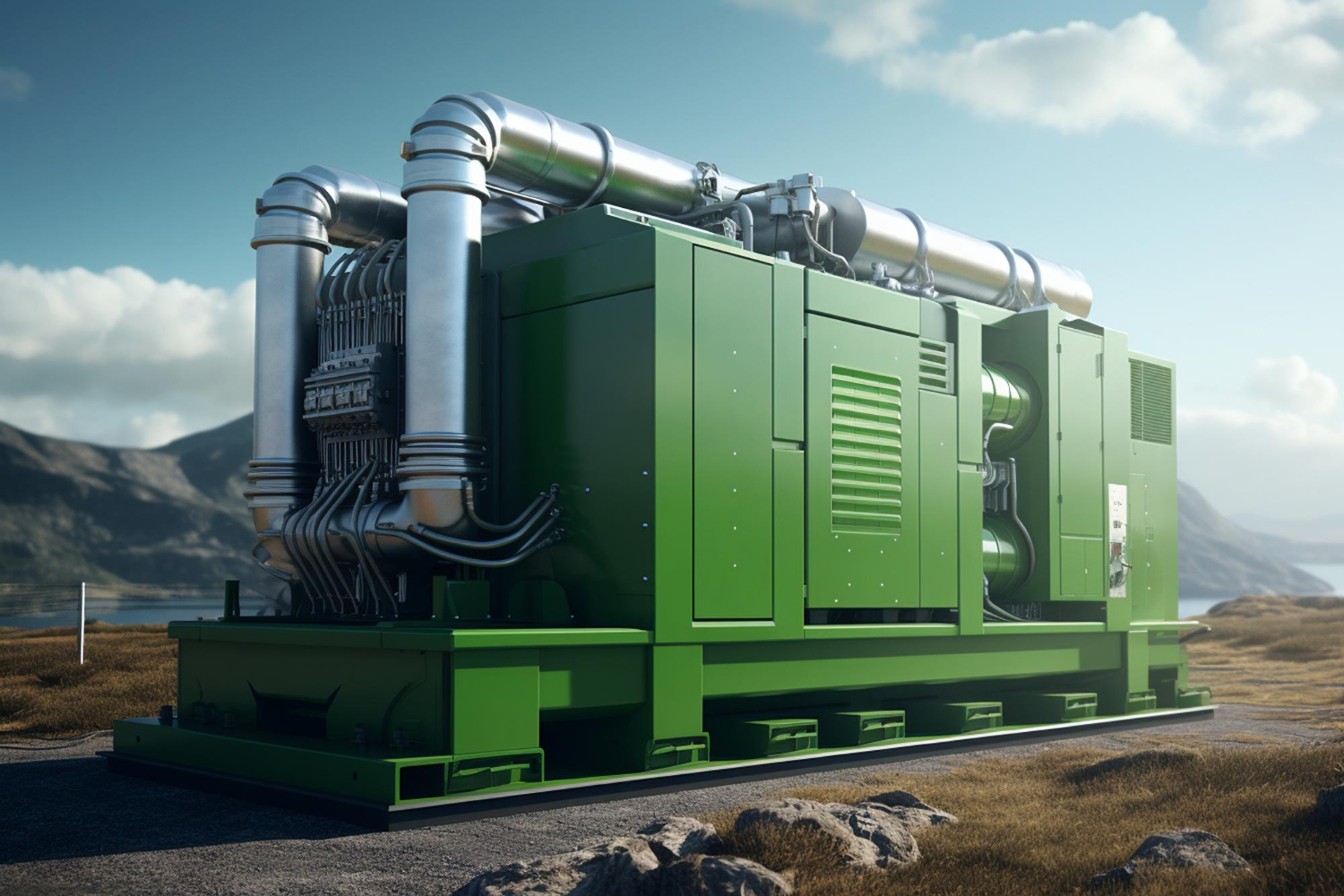Choosing the right generator for your home is essential to ensure that you have a reliable power source during outages. Whether you need to power essential appliances or keep your home running smoothly, understanding your power needs and the types of generators available is crucial.
Assessing Your Home's Power Needs
Determining Essential Appliances and Systems
To ensure your home remains functional during a power outage, it’s important to identify which appliances and systems are essential. These typically include your refrigerator, heating and cooling systems, lighting, and medical devices. Assessing your essential needs helps us determine the size and type of generator that will best serve your home.
Our professionals can help create a list of these critical appliances, focusing on what you use most frequently and what is necessary for your comfort and safety.
Calculating Total Power Requirements
Once we identify your essential appliances, we calculate the total power required to keep them running. Each appliance has a specific wattage, which adds up to your home’s total power needs. This calculation is crucial for selecting a generator with the appropriate capacity.
Our professionals will take detailed measurements and consider factors such as startup wattages, which can be higher than running wattages. This ensures that your generator can handle the initial load when appliances are powered on.
Consulting with Our Professionals for an Accurate Assessment
For the most accurate assessment, it’s best to consult directly with our professionals. We have the expertise and tools to perform a thorough evaluation of your home’s power needs. Our technicians consider various factors such as your home’s size, layout, and existing electrical setup.
By consulting with us, you ensure that the generator you choose will effectively meet your power needs and operate efficiently.
Types of Generators and Their Benefits
Portable Generators vs. Standby Generators
When choosing a generator, you generally have two main options: portable generators and standby generators. Portable generators are versatile and can be moved as needed. They are often used for smaller loads and temporary situations. However, they require manual setup and fueling, which can be inconvenient during a prolonged outage.
Standby generators, on the other hand, are permanently installed and connect directly to your home’s electrical system. They automatically start during a power outage and can handle larger loads, providing a more seamless transition during an emergency.
Overview of EcoFlow Whole Home Battery Backup
An increasingly popular alternative is the EcoFlow whole home battery backup system. This battery backup provides a reliable source of power without the noise and emissions associated with traditional generators. It’s ideal for homes aiming to reduce their carbon footprint while ensuring continuous power.
The EcoFlow system can be integrated with renewable energy sources like solar panels, further enhancing its sustainability. It also requires less maintenance compared to gas-powered generators, making it an excellent long-term investment for your home.
Pros and Cons of Different Generator Types
Each generator type has its benefits and drawbacks. Portable generators are more affordable and flexible but require manual intervention and may not support large homes. Standby generators offer convenience and higher capacity but come with a higher upfront cost and require professional installation.
The EcoFlow whole home battery backup system is environmentally friendly and low-maintenance but can be more expensive and may need additional equipment like solar panels for optimal use. Our professionals can guide you through these options to find the best fit for your specific needs.
Preparing for Generator Installation
Required Electrical Installation and Upgrades
Before we can proceed with generator installation, it’s crucial to ensure your home’s electrical system is prepared. This includes necessary upgrades and installations to support the generator. Our professionals will first inspect your current electrical setup to identify any areas that need improvement.
One essential step is checking the wiring. Proper wiring is key to ensuring the generator functions correctly and safely. If your wiring is outdated or damaged, we will recommend and perform an electrical installation to replace or upgrade it.
Circuit Breaker Repair and Electric Panel Upgrade
A generator installation often requires an upgrade to your electric panel and possibly some circuit breaker repairs. The electric panel needs to be able to handle the additional load from the generator, and a malfunctioning circuit breaker can disrupt the generator’s performance. Our professionals will assess your existing panel and breakers, recommending repairs or upgrades as needed.
An electric panel upgrade enhances your home’s overall electrical capacity, making it more reliable and safe. Our technicians will handle the upgrade process from start to finish, ensuring a seamless integration with your generator.
Permits and Regulations for Installation
Generator installation may require specific permits and adherence to local regulations. Our professionals will help navigate this process by securing the necessary permits and ensuring your installation complies with all relevant codes. This step is vital for the legality and safety of your generator installation.
Our team has extensive experience in managing these aspects, making sure your installation is fully compliant.
Post-Installation Maintenance and Safety Tips
Routine Maintenance Tasks
Regular maintenance is critical for the long-term performance of your generator. Some routine tasks include checking the oil and coolant levels, inspecting for any leaks, and ensuring the battery is charged. Keeping the generator clean and free from debris also helps maintain its efficiency.
Our professionals recommend scheduling periodic inspections to catch any potential issues early.
Troubleshooting Common Issues
Even with regular maintenance, generators can sometimes face operational issues. Common problems include difficulty starting, irregular power output, or warning lights appearing on the unit. If you encounter any of these issues, the first step is to consult the generator’s manual for basic troubleshooting steps.
If basic troubleshooting doesn’t resolve the problem, it’s best to call our professionals for a more detailed inspection. Our technicians have the expertise to diagnose and fix generator issues efficiently, ensuring minimal downtime.
When to Call an Emergency Electrician for Help
Certain situations require immediate attention from an emergency electrician. If you notice sparks, smoke, or unusual noises coming from your generator, it’s imperative to turn it off and contact us right away. These could be signs of a serious malfunction that needs professional intervention.
Conclusion
Ensuring your home has a reliable backup power source through proper generator installation involves detailed planning and professional execution. From assessing your home’s power needs to performing necessary electrical upgrades, each step is crucial for a successful installation.
Contact Ampere Electric today for expert generator installation in Green Valley Our experts are ready to help you ensure your home stays powered regardless of the situation. Don’t wait—reach out to us now to schedule a consultation and take the first step toward securing reliable backup power for your home!








